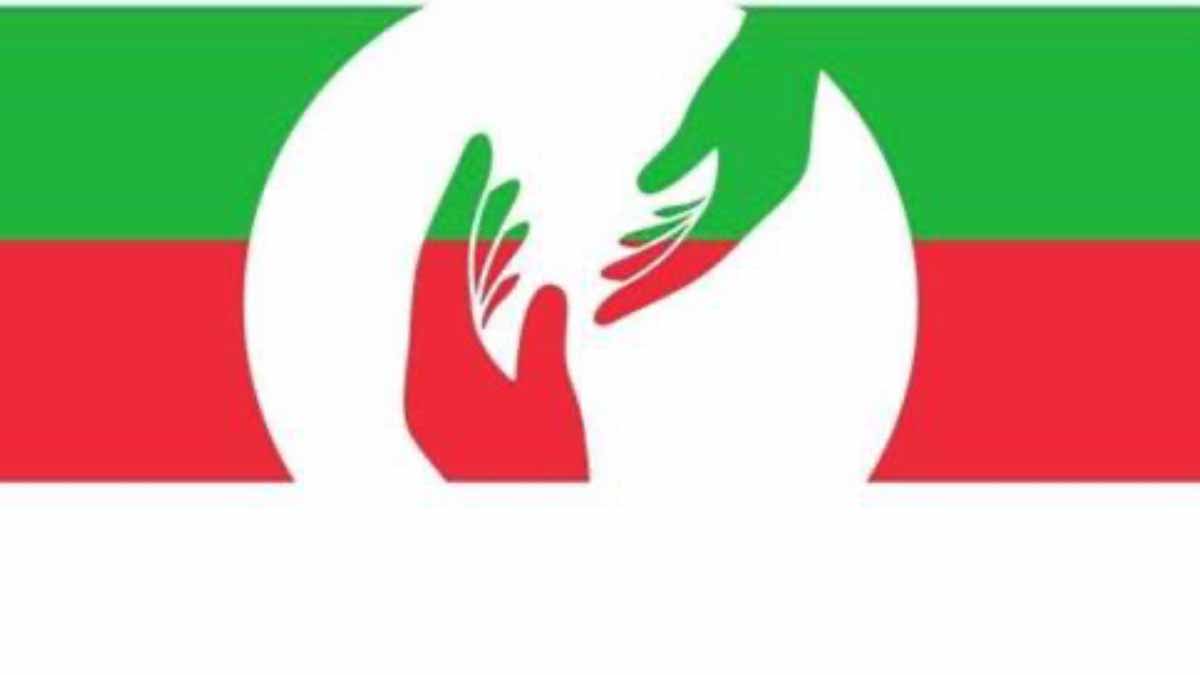In order to contribute to the efforts by Sierra Leone and the international community to end impunity, promote justice for victims, and strengthen the rule of law in the aftermath of the terrible war, Austria has been supporting both the Special Court for Sierra Leone and the Residual Court for Sierra Leone.
We are pleased to announce that Austria, a proud member of the European Union, will again make a voluntary contribution to the Residual Court for Sierra Leone in 2024, in the amount of 45,000 Euros.
This continued support underscores Austria’s dedication to ending impunity, promoting justice for victims, and strengthening the rule of law in Sierra Leone and the wider international community.
To maintain international standards and fulfilment of the Special Court’s mandate, there are a number of legal and practical obligations that did not terminate upon the completion of trials and appeals. The term “residual functions” is used to describe the obligations which are derived from the core mandate of the SCSL as a criminal tribunal mandated to prosecute persons who bear the greatest responsibility for the war in Sierra Leone.
After the closure of the SCSL in 2013 a residual mechanism- the Residual Special Court for Sierra Leone (RSCSL) – will be established to manage the ongoing residual functions. In August 2010 the United Nations and the Government of Sierra Leone signed the Agreement on the Establishment of a Residual Special Court for Sierra Leone (RSCSL). The RSCSL shall carry out its functions at an interim seat in the Netherlands, with a branch or sub-office in Sierra Leone for witness protection and support, until such time as the UN and Government of Sierra Leone agree otherwise.
The 10 critical residual functions of the SCSL are broadly divided into two categories: “ongoing functions” and “ad hoc functions.” The ongoing functions will be managed by a small, permanent office. If any of the ad hoc functions trigger, the office will make all the necessary arrangements to convene the RSCSL as required.
Maintenance, Preservation and Management of the Archive – Long-term preservation of SCSL records in a secure environment. The SCLS archives will be moved to the Dutch National Archive to be collocated with the Nuremberg records in December 2010. A copy of the archives public records remain in Freetown.
Witness Protection and Support – Respond to threats related to testimony given before the SCSL and provide appropriate protection and support measures. Witness protection officers will be located in Freetown. All communications with third States concerning relocations are managed by the permanent office.
Assistance to National Prosecution Authorities – Manage Governmental requests for evidence and information to support investigations, prosecutions, forfeiture proceedings and asylum cases. Ensure that confidentiality obligations are upheld. Manage the disclosure of exculpatory evidence and requests from other States for documents relevant to witness protection orders.
Sentences/Pardons/Commutations/Early Releases – The supervision of the enforcement of sentences is a continuing obligation that may extend until 2055. This supervision includes inspection of the conditions of imprisonment, as well as tracking of time served and dates of release, including early release, pardon or commutation.
The RSCSL shall carry out its functions at an interim seat in the Netherlands, with a branch or sub-office in Sierra Leone for witness protection and support, until such time as the UN and Government of Sierra Leone agree otherwise. The RSCSL may meet away from its seat if it considers it necessary for the exercise of its functions. Discussions are ongoing in relation to the RSCSL sharing an administrative stage with another organization in the Netherlands and Freetown. The key services to be provided by the host institution would include security, procurement, finance, IT services and facilities management.
The RSCSL shall be composed of the Chambers, consisting of the President and when necessary a Trial Chamber and Appeals Chamber, the Prosecutor, and the Registrar. There shall be a roster of judges who may be assigned to the Trial and Appeals Chamber. The judges shall not receive any remuneration for being on the roster, but shall be remunerated on a pro-rata basis if called upon by the President to serve the RSCSL.
The judges on the roster shall elect a President, who shall serve as the duty judge of the RSCSL. The President shall in as far as possible carry out his or her functions remotely and shall be present at the seat of the RSCSL only as necessary. The President shall be remunerated on a pro-rata basis.
The Secretary-General, after consultation with the Government of Sierra Leone, shall appoint a Prosecutor. The Prosecutor shall in as far as possible carry out his or her functions remotely and shall be present at the seat of the RSCSL only as necessary. The Prosecutor shall be remunerated on a pro-rata basis.
The Secretary-General, in consultation with the President of the RSCSL, shall appoint a Registrar. The Registrar shall be based permanently at the seat of the RSCSL. The Registrar shall be responsible for the administration of the RSCSL and shall also administer the financial resources of the RSCSL. The RSCSL shall retain a small number of administrative staff commensurate with its functions.
The RSCSL shall have an oversight committee to assist in obtaining adequate funding and to provide advice and policy direction on all non-judicial aspects of its operations. The oversight committee shall consist of the UN, the Government of Sierra Leone and significant contributors to the RSCSL. The expenses of the RSCSL shall be borne by voluntary contributions.

